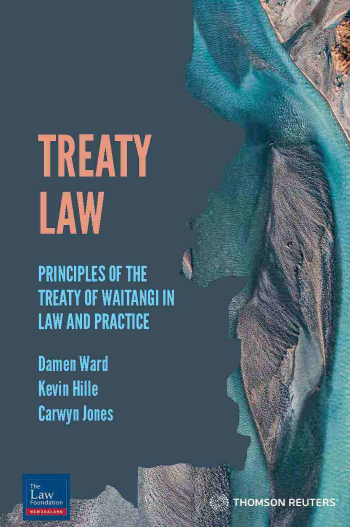
Over the past 30 years, the phrase “the principles of the Treaty of Waitangi” (the Principles) has become a common reference in legal vocabulary in New Zealand. It has been interpreted and applied by the Waitangi Tribunal, as well as by the ordinary Courts, up to and including the Privy Council and, more recently, by the Supreme Court. The Principles have been invoked in a wide variety of contexts, ranging from the protection of Māori customary lands and resources, to the application of intellectual property laws, to the interpretation of international trade instruments. The Principles have been incorporated into a range of statutes – in so-called “Treaty clauses” – as well as elucidated on in Government’s Cabinet Manual, the formal touchstone of executive decision-making. In short, the Principles have become the cypher through which the Crown-Māori relationship is analysed and assessed, as that relationship has evolved ever more nuanced and challenging dimensions.
Treaty Law: Principles of the Treaty of Waitangi in Law and Practice analyses and assesses over 600 judicial decisions, synthesising how the courts of New Zealand have interpreted the principles of the Treaty into a single source reference point for practitioners, the judiciary and academia.